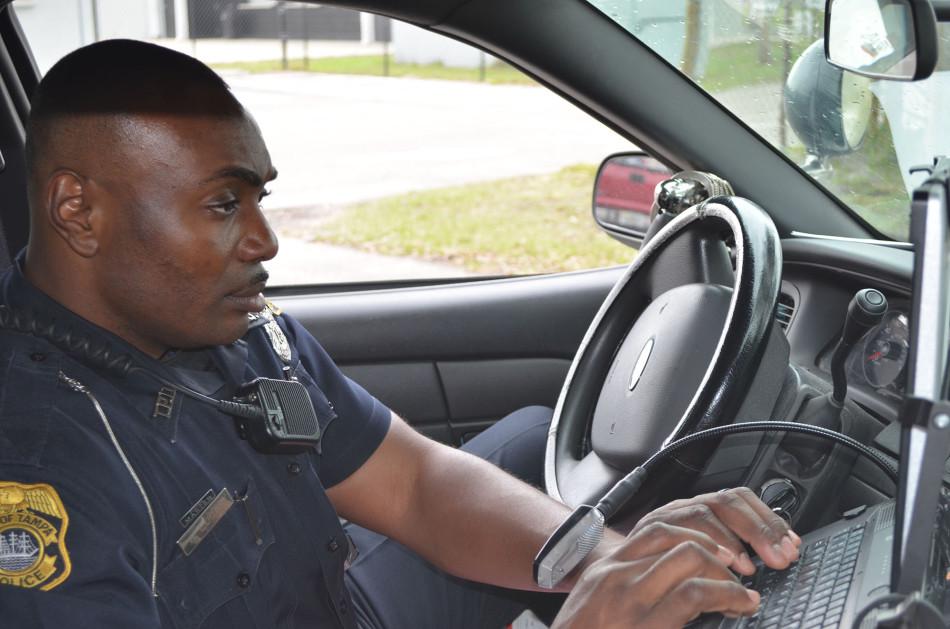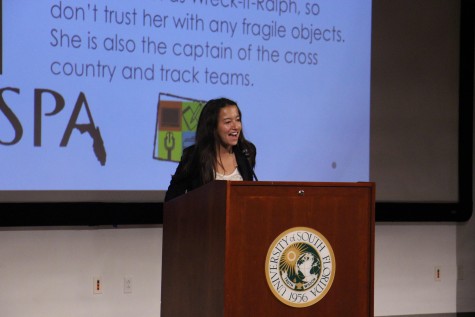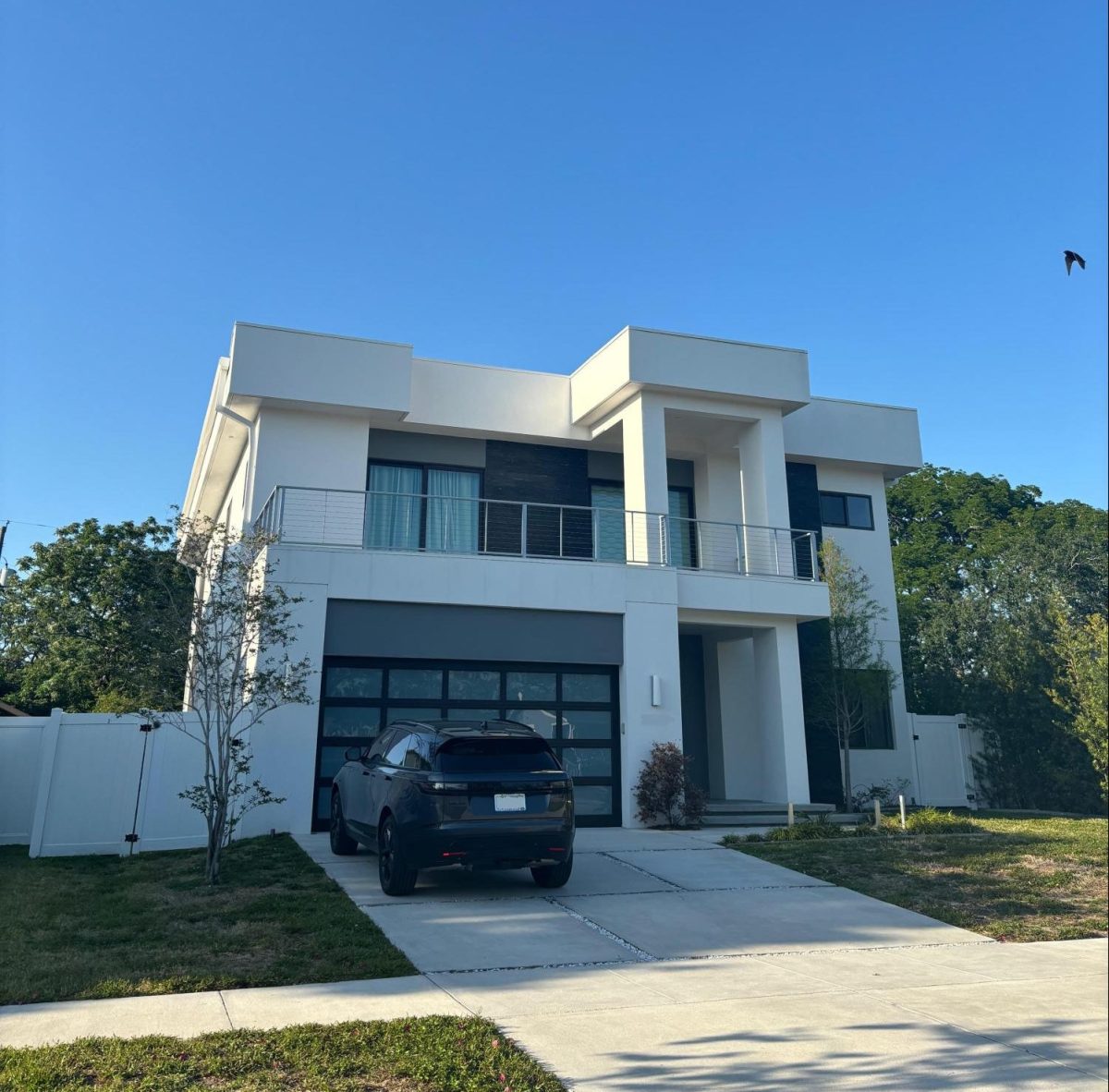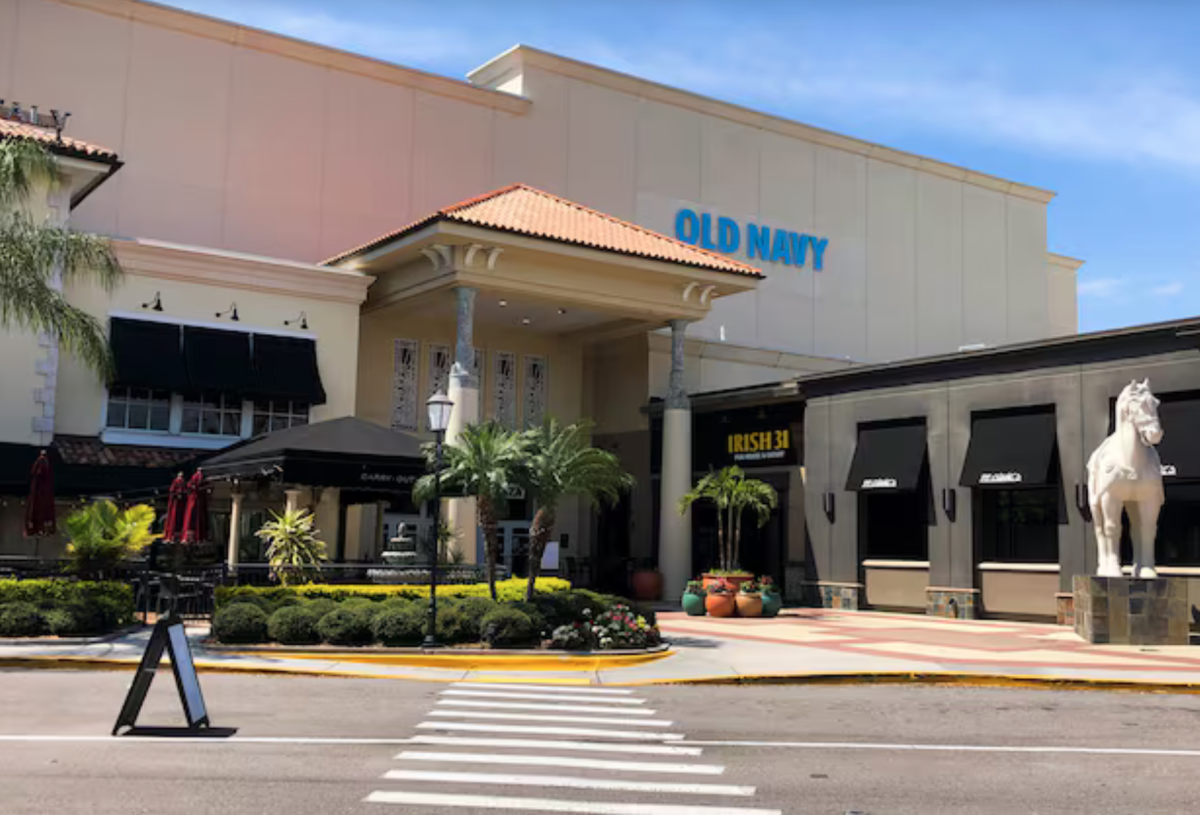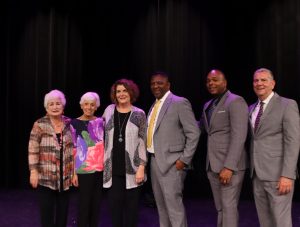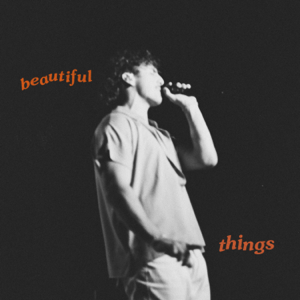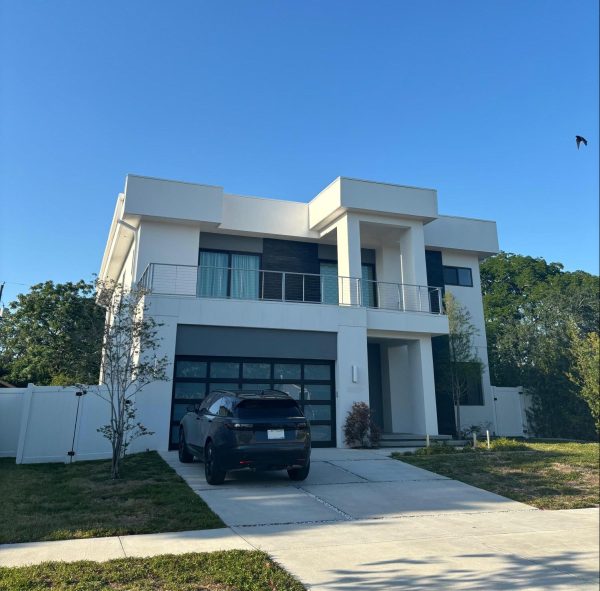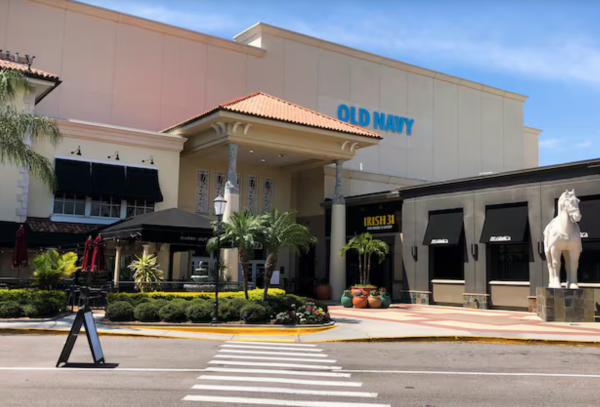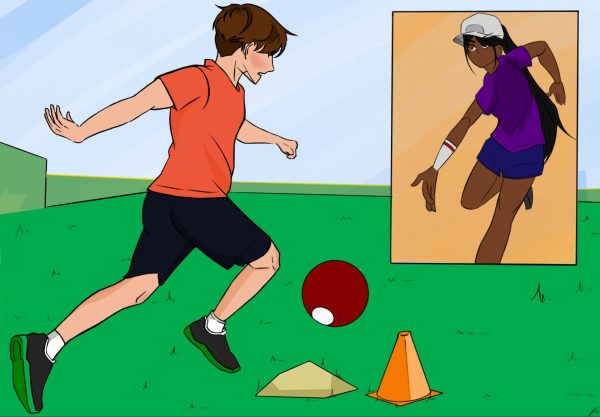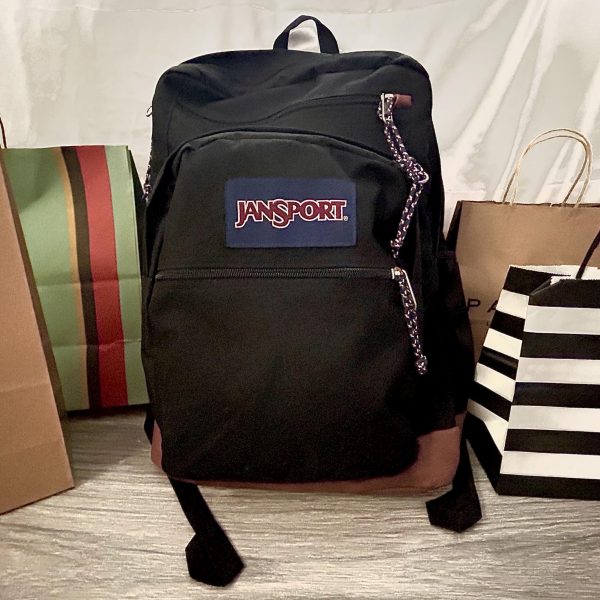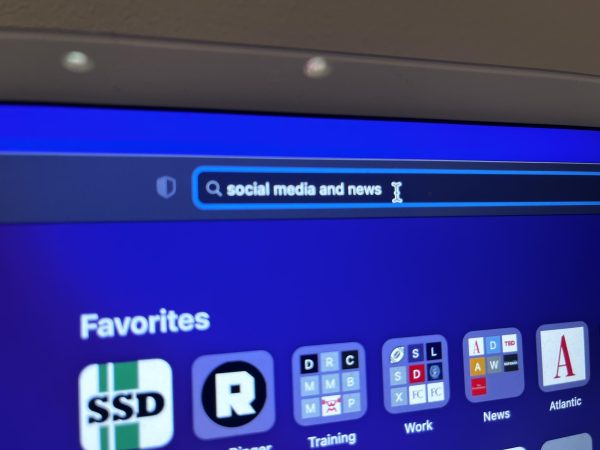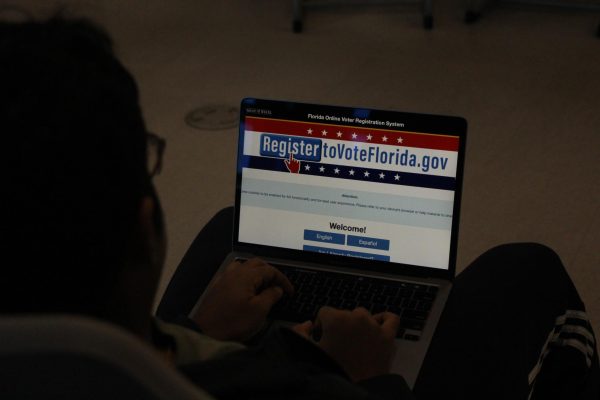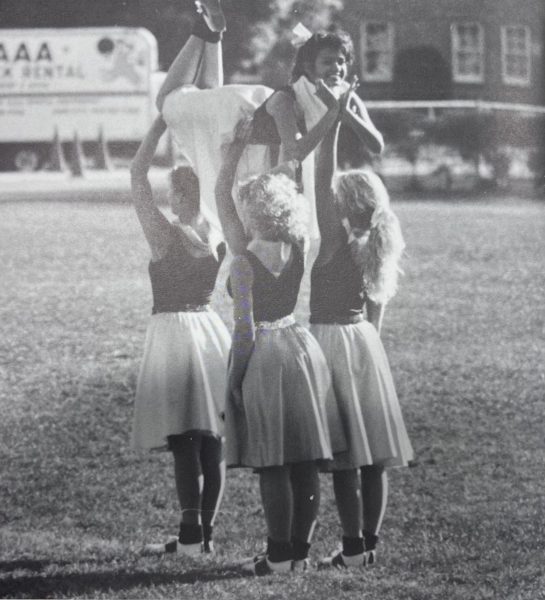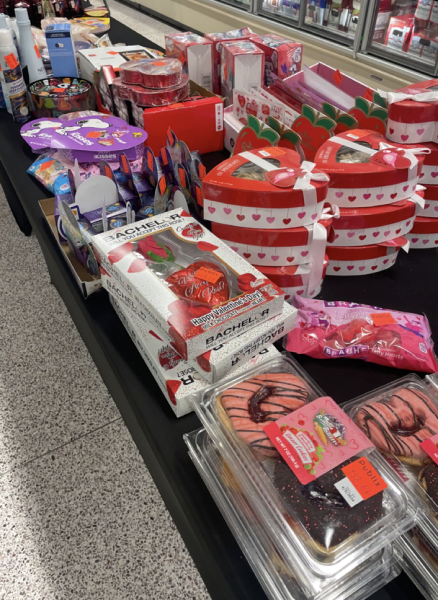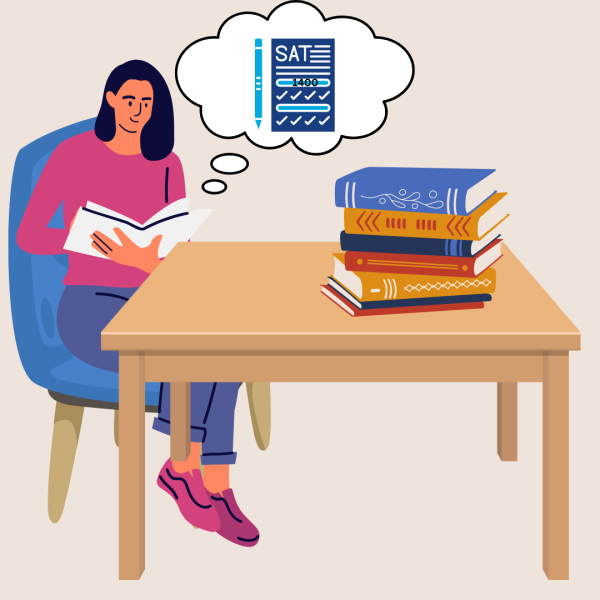Opinion: Defining School Safety
February 21, 2014
Part three of a three part series on safety and security in schools.
PART THREE: DEFINING SCHOOL SAFETY
When I interviewed school security Chief David Friedberg for an article on Robinson’s security, he asked me one question: Do you feel safe in school? Then, it took me by surprise. Did he really think that I could answer him anything but yes? I didn’t feel unsafe at Robinson, but even if I did, would I really say that to the head of security? And, who was I, a ninth grader, to comment on the security of the school? We are fenced in, we have cameras, and we have an on campus police officer. Beyond the small changes he mentioned being made, what else could they really do? There are only so many walls, gates, and security one can give a school before it becomes more prison than school.
Six days later, my backpack, along with my laptop, phone, and calculator, was stolen while I was in the bathroom.
I was shocked. I had been at Robinson for just a little over a semester, but already I felt comfortable in the school. Call me naïve, but I was in disbelief. What irked me even more was the fact they took my whole backpack. Stealing the laptop and phone would have been easier anyways, did they really need my planner, my CAS forms, or my snack for track practice that day? During the last hour and a half of that day, I tried to keep my calm, but all I felt was anger. Anger at myself for leaving the backpack out of my sight. Anger at the people who stole it. But mostly, I was angry because of what I would never get back, what they stole from me.
In the days following, it was the smaller items, little personal effects the thieves wouldn’t have cared about, that really got to me: when I reached for my stapler to turn in a paper and I realized it wasn’t there, when I had to rewrite Biology vocabulary, and when, ironically enough, I realized that of that I had lost all but 17 out of the 50 minutes of Chief Friedberg’s interview. The rest is probably long gone, the biggest interview, so far, of my journalistic career erased, along with everything else on my phone, in a couple of taps by people who didn’t know its importance.
After the theft, my mind drifted to the question Chief Friedberg asked me only days before. Did I still feel safe at school? Did the theft really change my perceptions? I couldn’t deny the fact I never wanted to let my backpack leave my sight, that every time I walked down the math and science hallway, I would eye people who I didn’t know and wonder, Was it them? It made me notice things I would have dismissed before; about a week after, a friend walked into the bathroom as I was leaving and dropped her backpack where mine was stolen, walking into the stall before I could say anything. I stood next to her bag like the backpack police until the line for the bathroom became so long that people stood crowded around the bag, snaking out into the hallway, and I knew no thief could steal it unspotted. Clearly it had changed me.
What I is realized is safety isn’t black and white. How to keep students safe, especially with the recent shootings, is an ever-evolving topic in which everyone seems to have different methods. There is no one size fits all, no fix-all solution that stops any and all incidents. No amount of gates, buzzers, or lights will help if it’s a student already in the school at fault.
So by that standard, I do not feel quite as safe in school anymore. It is not that I feel unsafe, necessarily, but more untrusting. I used to trust that my backpack would be safe, but now I bring it into the stall. I used to think a student would not be as mean as to take my whole backpack, to steal things that they had no use for, but whoever stole my backpack proved me wrong. And I know it is a small percentage of students who are like that. It is that small percentage of students who stole my backpack, leaving my colored pencils and USB drive in a backyard in Lutz, my backpack in a dumpster behind a law office on Busch Boulevard, and taking my sense of safety with them.
When people think about school security, the idea that pops into their head first probably has to do with the recent shootings. With tremendous attention from the media, and the politicians that are quick to proclaim their stance in the gun control debate, it is hard to ignore.
The truth is, however, school safety isn’t solely based on protecting students from a terrorist, disgruntled teacher, or student with a grudge. The majority of schools in the country will never have to cope with a Newtown-like situation, but theft, fighting, or vandalism are security issues that every school addresses. When defining the safety of a school, it is our responsibility to look not only at how well equipped it is for those unlikely scenarios like an active shooter, but also how it responds to and combats common occurrences, like theft. Any one of those incidents, no matter how seemingly insignificant in the big picture, have the power to hurt its victims, and no student, teacher, or staffer should have to walk on campus feeling unsafe.

